Difference Between Heart Attack and Sudden Cardiac ArrestDespite not having the same meaning, both words are frequently used synonymously. When the heart experiences a malfunction, it can suffer from sudden cardiac arrest. This is untrue, though. A cardiac arrest happens when the heart's rhythm ceases. A heart attack occurs when the blood flows to a portion of the heart stops, which starts the process of the heart muscle dying, in contrast to cardiac arrest, which occurs when the heart stops beating. 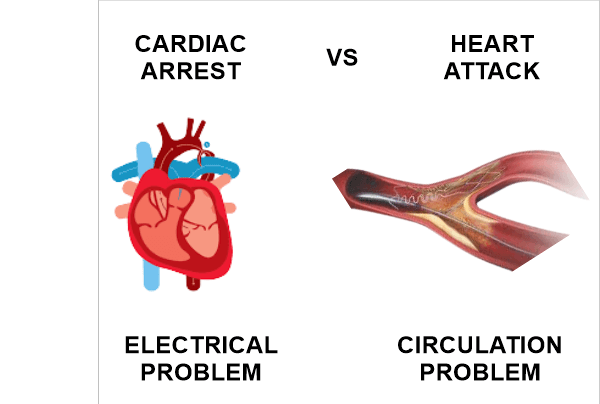
What is a Heart Attack?A heart attack is brought on by an arterial narrowing, which prevents oxygen-rich blood from reaching a particular area of the heart. When an artery constricts, oxygen-rich blood cannot reach a specific part of the heart and causes a heart attack. If the blocked artery is not immediately opened, the portion of the heart that it normally supplies begins to deteriorate. The symptoms of a heart attack might come on gradually with minimal signs or suddenly and violently. Remember that a heart attack can still happen even if there are slight symptoms or none. Unlike abrupt cardiac arrest, the heart continues to beat properly throughout a heart attack. What is Cardiac Arrest?An electrical heart issue leads to an irregular heartbeat (arrhythmia). When the heart's pumping action is hindered, the heart is unable to pump blood to the brain, lungs, or other organs. Who Or What Links Them?These two distinct heart issues are connected. After a heart attack, sudden cardiac arrest is more likely to happen. Heart attacks frequently cause sudden cardiac arrest, even though many heart attacks may not immediately result. Other heart conditions affecting the heart's rhythm can cause sudden cardiac arrest. These include long Q-T syndrome, thickening of the heart muscle (cardiomyopathy), heart failure, and ventricular fibrillation. Quick action can prevent fatalities. 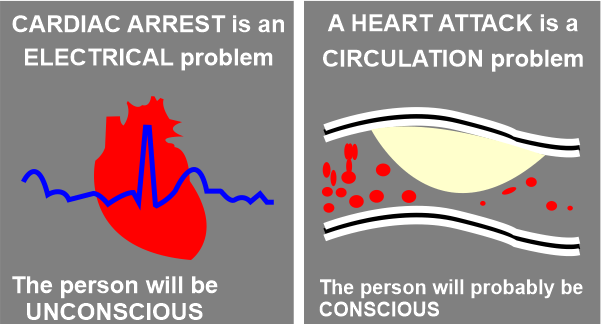
What Should I Do While Heart Attack?Every moment matters! Calling EMS is advised if you want to go directly to the emergency department. Up to an hour faster than if someone were to drive to the hospital, emergency medical personnel can begin delivering care as soon as they arrive. The ability to revive a person whose heart has stopped is another skill given to EMS staff. Patients with chest pain who are transported by ambulance can also gain from receiving hospital care more quickly. Managing Sudden Cardiac ArrestBefore shouting for help, adults should make sure they are responsive. Then, call the helpline to request immediate medical aid. If an AED is available, request one over the phone or get it, then use it immediately. Airway obstruction is frequently responsible for heart arrest in infants and young children. After calling the helpline to trigger the emergency response, high-quality CPR should start right away. CPR can begin, and the emergency response can be started practically simultaneously when help is nearby or a cell phone is available. However, since a respiratory arrest is the most common cause of cardiac arrest and help might not be available in an out-of-hospital emergency, a single rescuer without a cell phone should begin CPR (compressions-airway-breathing) before leaving the infant or toddler to contact for help. If the sufferer has just passed out, rescuers should use an automated external defibrillator (AED), as fast defibrillation can save lives. 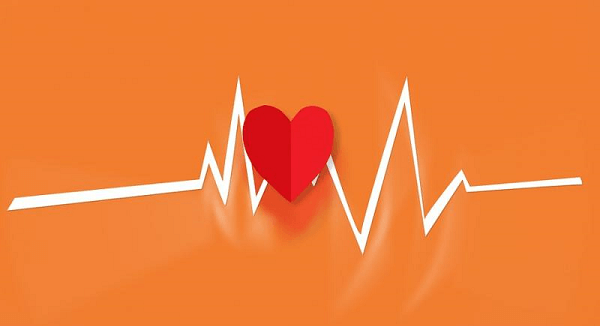
The number one cause of death in the United States is sudden cardiac arrest, which affects about 350,000 people yearly. You can treble the effectiveness of hands-only CPR by performing it to the tune of the classic disco song "Staying Alive." The heart muscle isn't getting the vital blood flow it needs if this problem isn't fixed, it will begin to die from a lack of oxygen. Cardiovascular emergencies that pose a risk to life include heart attacks and cardiac arrest. We can save a life by identifying the signs of each and understanding what to do. Would You Be Familiar with the Distinction Between the Two Terms?Everyone can get confused by medical terminology, but in this instance, there are significant distinctions between these two cardiac episodes. A heart attack is brought on by issues with the circulatory system that prevent blood from reaching the heart. The main factor triggering heart attacks is coronary artery disease. Your age, lifestyle choices, nutrition, level of activity, and other health conditions impact your risk. In the US, heart attacks are quite common. The symptoms, causes, and therapies of these two illnesses, as well as the prognoses for those with them, are contrasted in this article. What Separates a Heart Attack from a Cardiac Arrest?Myocardial infarction, another name for a heart attack, occurs when the blood supply to the heart is interrupted or obstructed. Without sufficient amounts of oxygen-rich blood reaching the heart, the heart muscle may deteriorate, harming one of the body's most vital organs. On the other hand, abrupt cardiac death refers to cardiac arrest, and to stop or bring to a halt is what the term "arrest" signifies. Cardiac arrest can result in incapacity or very instantaneous death. What Differences Exist Between Heart Attack and Cardiac Arrest Symptoms?Cardiovascular emergencies that pose a risk to life include heart attacks and cardiac arrest. Knowing each condition's signs of a heart attack is useful. Heart attacks can start slowly with modest pain or suddenly with sharp chest pain. Over several hours, a reliable source comes and disappears. Males and females can experience different symptoms, but chest discomfort is the most typical sign of a heart attack in both sexes. However, other symptoms, such as shortness of breath, nausea, vomiting, and back or jaw discomfort, are more prevalent in women than in males. 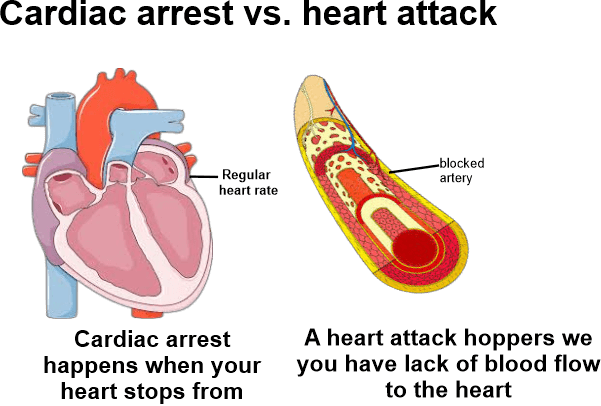
Cardiac Arrest Signs and SymptomsCardiac arrests frequently occur in patients unaware that they have a heart condition. They can stop breathing or have trouble breathing, and a person going into cardiac arrest could pass out and become unconscious. What Distinguishes a Heart Attack from a Cardiac Arrest Regarding Causes and Risk Factors?Heart attacks and cardiac arrests have quite diverse causes and risk factors. Many heart attack victims were aware that they were in danger. Contrarily, cardiac arrests frequently occur in patients unaware of any dangers and who had no idea they had a heart condition. Heart Attack CausesCoronary heart disease, which deprives your heart of oxygen, is typically the cause of heart attacks. Most of the time, patients receiving treatment for heart disease are aware that they are at risk of having a heart attack. Risk ElementsAn example of a dependable source for heart attacks is:
Coronary heart disease is one of the health disorders and lifestyle choices that can raise your risk of cardiac arrest. You could potentially be at risk from additional unknown factors, such as an enlarged heart valve with uneven shapes, congenital (inherited) illness, issues with electrical impulses, smoking, heart disease in the family, a prior heart attack, or drug abuse. Who can Distinguish a Heart Attack from a Cardiac Arrest?A doctor can distinguish between a heart attack and a cardiac arrest by doing precise tests. This is just one of the many reasons it's crucial to seek emergency medical attention if you or someone you know appears to be having a heart attack or cardiac arrest. How to Recognize a Heart AttackAn ECG, which measures the electrical activity of your heart, is ordered after a physical examination by a doctor to help them identify a heart attack. A physician may prescribe a cardiac catheterization or echocardiography to assess the health and strength of your heart. A blood sample is frequently drawn to look for indications of heart muscle damage. Making a Cardiac Arrest DiagnosisYour heart will be stopped if you have a cardiac arrest, which is lethal if not given rapid resuscitation. A doctor will perform diagnostic procedures to ascertain the reason for your cardiac arrest if they successfully revive your heart and restore blood flow. These examinations could involve an echocardiography, blood tests, and a chest X-ray to search for other heart disease symptoms. What Medical Procedures Can Treat a Heart Attack Versus a Cardiac Arrest?Heart attack and cardiac arrest treatment options depend on things like pharmaceutical drugs you may be taking and additional medical problems. You might focus on how dangerous a heart attack or cardiac arrest is rather than how healthy you are and how well you can handle surgery or other procedures. 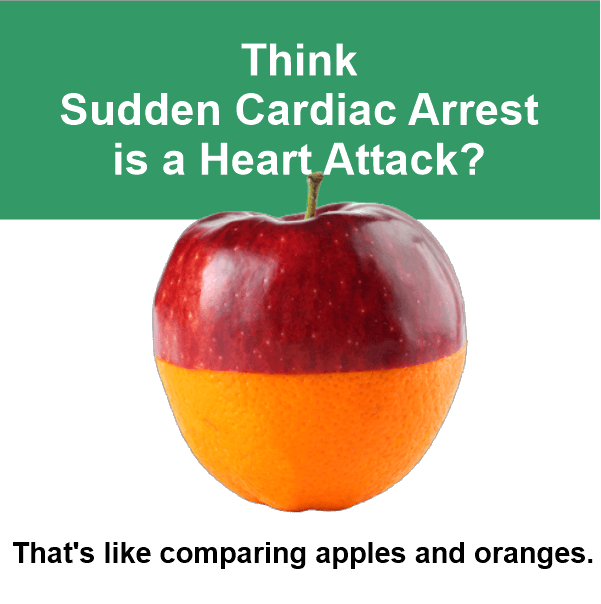
Coping with a Heart AttackDepending on the severity of the emergency, a doctor may advise any number of operations to help treat pain, avert another heart attack, or both, if you've had a heart attack. These procedures or treatments may consist of the following:
Cardiac Arrest TreatmentCPR, or using a defibrillator to restart the heart, is almost always the first step in treatment for cardiac arrest. After a cardiac arrest has survived, a doctor will probably begin one or more treatments to help reduce the likelihood that it will occur again. These often include:
The Prognosis for Someone Experiencing a Heart Attack Versus Cardiac ArrestAlthough heart attacks can be fatal, most survivors have active, fulfilling lives. If you get assistance right away, your treatment will limit the harm done to your heart muscle. Your chances of fully recovering if you adopt healthy living practices. Developing a recovery plan that works for you in collaboration with a medical team is crucial. A good diet, regular, moderate activity, shedding extra pounds if you're overweight, and giving up smoking. Here are some strategies for enhancing your viewpoint if you smoke.
Abnormalities of the Heart that Might Cause Unexpected Cardiac ArrestSudden cardiac arrest can happen to anyone, including people with no history of the condition. An arrhythmia that could be fatal frequently affects people with a previous, possibly undiscovered heart condition. The following are the circumstances: 1. Cardiovascular Illness People who encounter sudden cardiac arrest more frequently have coronary artery disease, in which the arteries become narrow and blocked with cholesterol and other deposits. 2. Chest Pains Acute cardiac arrest and ventricular fibrillation are possible outcomes of a heart attack, which is frequently brought on by severe coronary artery disease. Scar tissue from a heart attack might also be present, and electrical short circuits could result in irregular heartbeats close to the scar tissue. 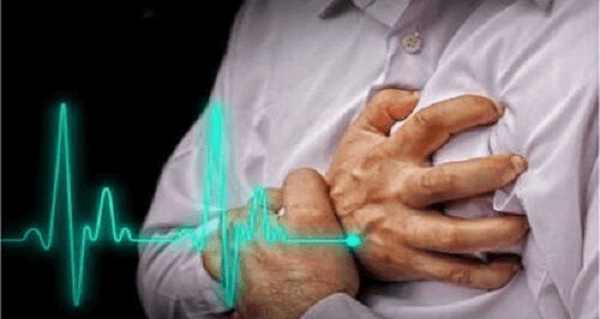
1. Enlarger Heart (Cardiomyopathy)The main cause is when the heart's muscle walls enlarge, thicken, or develop. If so, there is a heart muscle defect, which frequently leads to arrhythmias. 2. Heart Valve IllnessIf your heart valves are leaking or restricting, your heart muscle may feel stretched or thickened. When the chambers swell or weaken due to the tension caused by a tight or leaky valve, arrhythmia is more prone to develop. 3. Congenital Disability Affecting the Heart (congenital heart disease)Children or teenagers who experience abrupt cardiac arrest may have congenital heart disease. Adults with corrective surgery for a congenital heart defect are more susceptible to sudden cardiac arrest. 4. Problems with the Heart's Electrical SystemIn other cases, the issue is with the electrical circuitry of the heart rather than the heart muscle or valves. Primary cardiac rhythm abnormalities, which include conditions like Brugada syndrome and long QT syndrome, are what are referred to as these. TakeawayAlthough it can be simple to overlook the differences between a heart attack and a cardiac arrest, it's crucial to remember that both are serious, potentially fatal situations. If you believe you or someone you know is suffering from either illness, seek medical attention immediately. A doctor and medical staff can evaluate your symptoms and treat you immediately. Your prognosis and course of treatment will change depending on how quickly you can get a doctor or other healthcare provider. SummaryA cardiac arrest and a heart attack are different medical illnesses with numerous warning symptoms. In contrast, unconsciousness, no breathing, and no pulse are the main symptoms of cardiac arrest. Finally, cardiac arrest can result from various diverse causes, but coronary heart disease is the main cause of heart attacks. 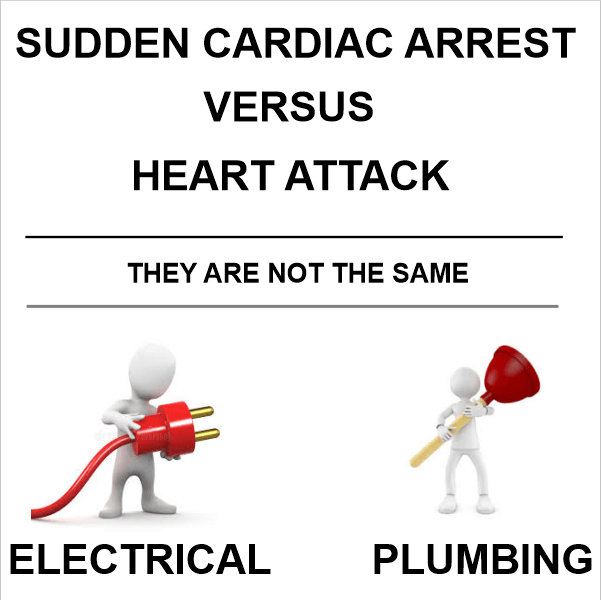
Few Facts on Heart Attack and Cardiac Arrest TreatmentsA study examines the connection between consuming various grains and developing coronary artery disease. Heart attack detection and treatment in individuals over 75 affect ageing, and advice on preventing cardiovascular disease differs for men and women.
Next TopicDifference between
|
 For Videos Join Our Youtube Channel: Join Now
For Videos Join Our Youtube Channel: Join Now
Feedback
- Send your Feedback to [email protected]
Help Others, Please Share










